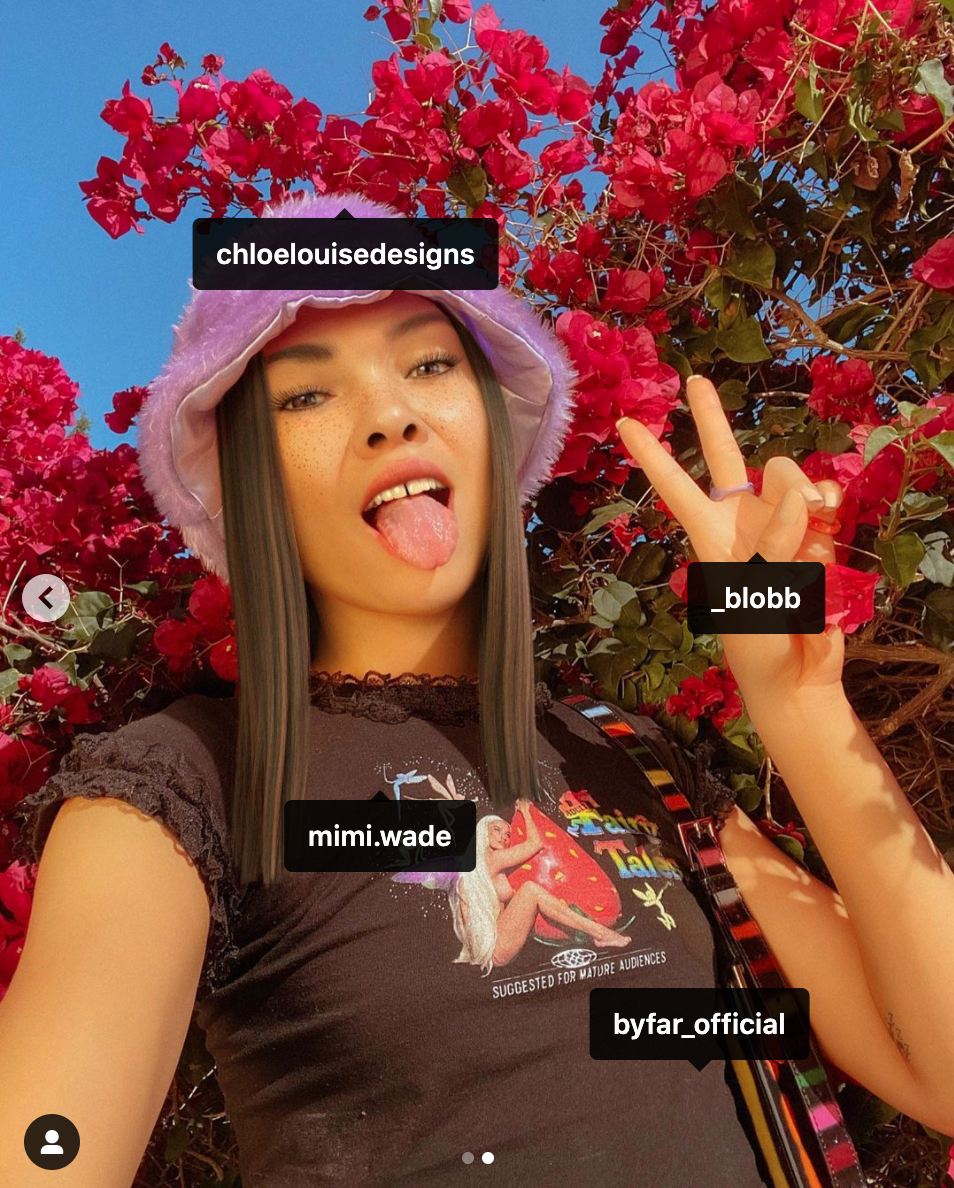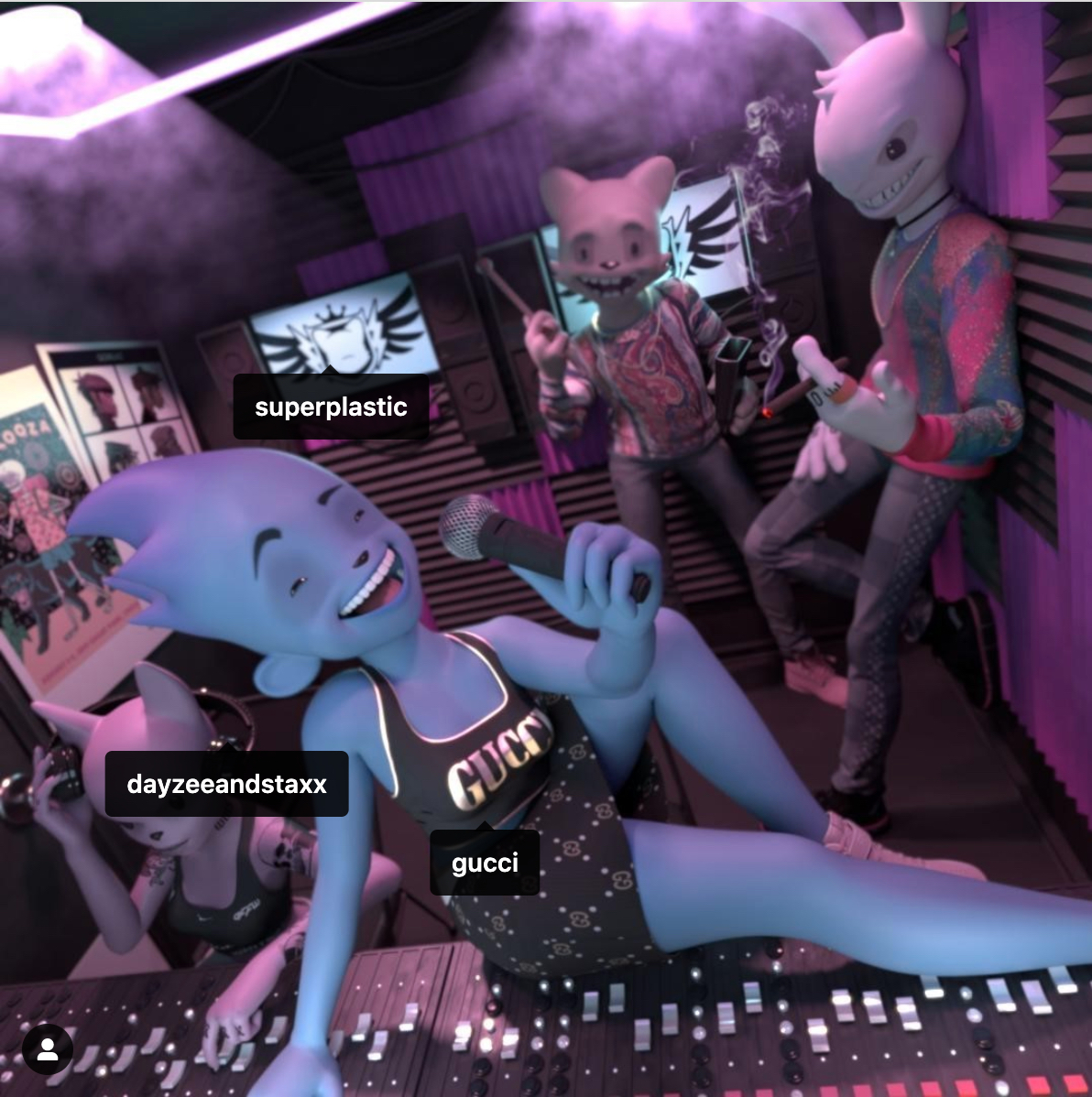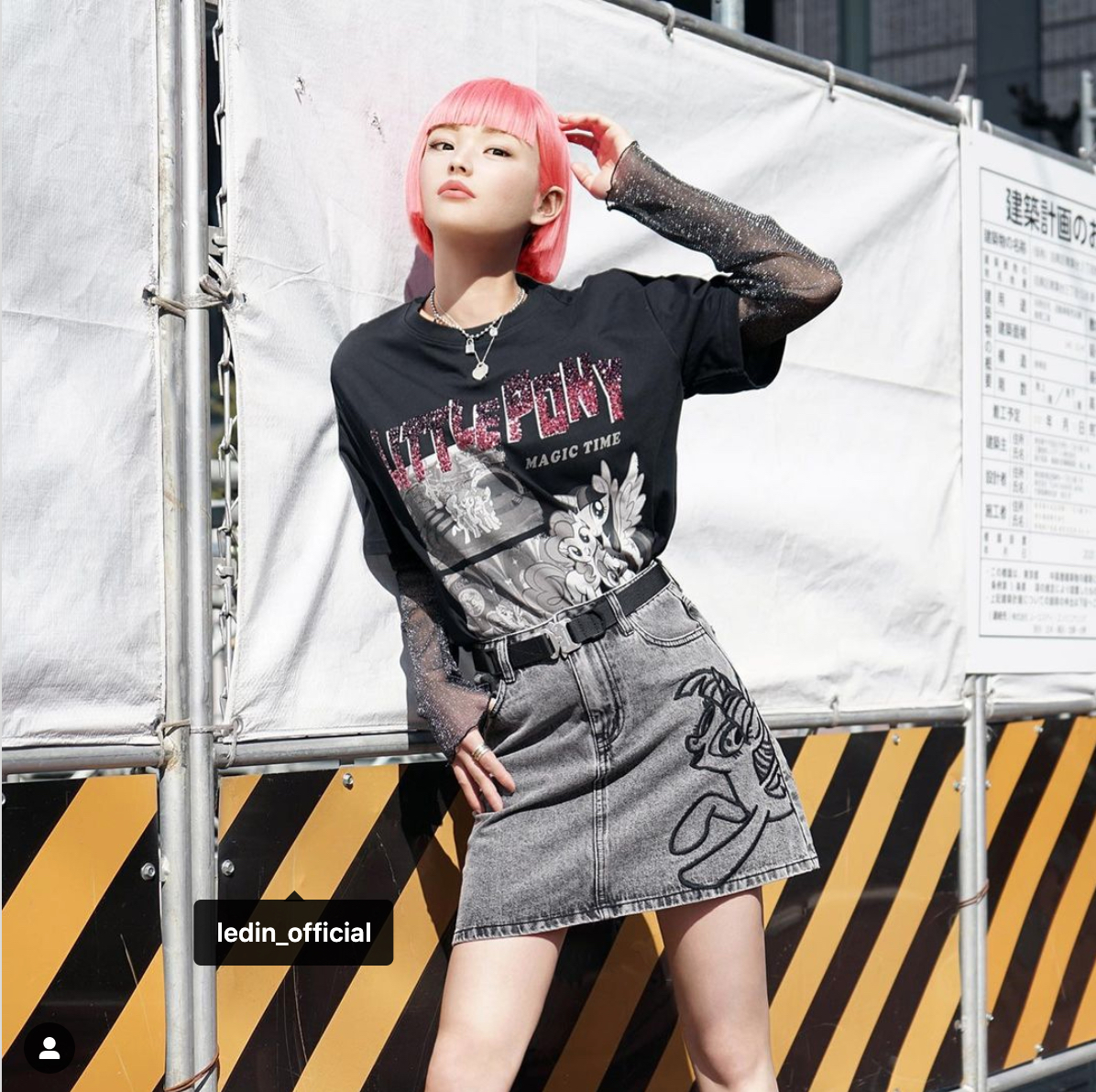Influencers and influencer culture has been constantly evolving over the past decade, but where can it take us from here? One of the more recent evolutions in influencer spheres has been the introduction of virtual influencers.
Virtual influencers are digitally created characters who act as an avatar, and are given a story and a personality - they take the place of real people in this instance of an influencer. Using people that distinctly aren’t people isn’t a new concept in marketing - there have been more than enough marketing campaigns involving fictional people, including a sizeable amount of advertisements and endorsements involving popular virtual idol Hatsune Miku, a vocaloid, or even characters from Final Fantasy wearing brand-name clothing.
However, virtual influencers are a much newer concept; there are, of course, many advantages to them. The custom creation of the character, the control of the message and image, and the creative flexibility offered by the ability for the model to be placed anywhere and everywhere is what makes these virtual influencers so potent. It welcomes a unique opportunity, in which this type of influencer can become more than just a face, but a character with a narrative with a specific connection to whatever brand or movement they represent.
An advocate for this emerging field, [Dudley Neville-Spencer] argues that virtual influencers have the potential to go beyond acting as mere brand ambassadors. “It’s the first time that brands have had the opportunity to develop a deep emotional relationship with their audience through something that they own. That’s where we’re going, creating compelling characters with compelling backgrounds that represent a brand’s values.”- From an interview in The Drum’s article Even better than the real thing? Meet the virtual influencers taking over your feeds
With the growing evolution of technology and the cross section of how it is involved in photography, modeling, and marketing, it would be no surprise if the virtual influencer became a more dominant presence on the internet over the course of the next few years.



